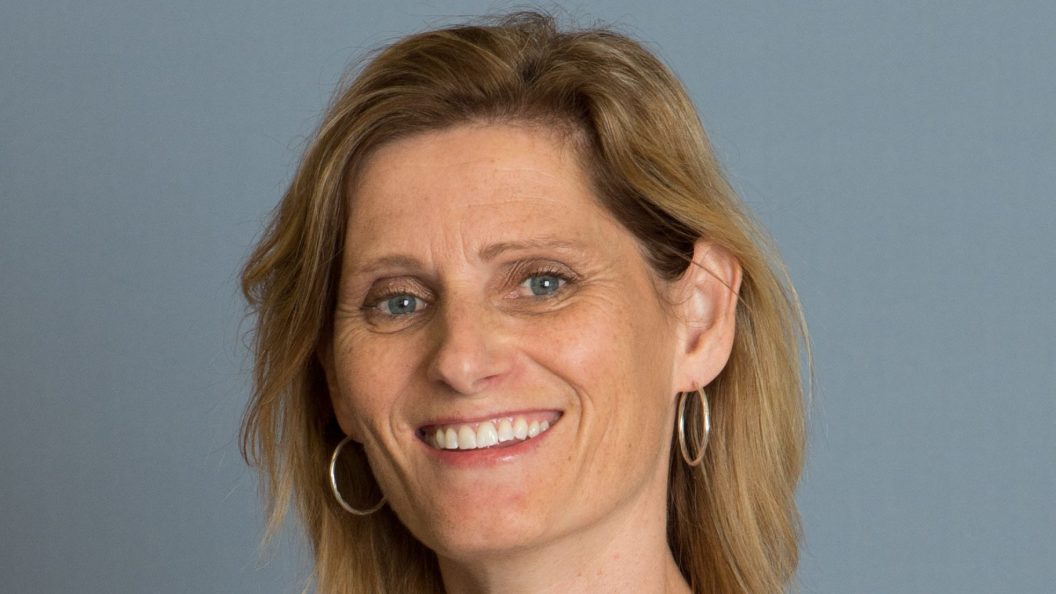- Science News
- Featured news
- World Malaria Day: Meet a researcher using genetic engineering to tackle a serious global disease
World Malaria Day: Meet a researcher using genetic engineering to tackle a serious global disease
By Colm Gorey/Prof Tania de Koning-Ward, Deakin University

Prof Tania de Koning-Ward, Deakin University. Image: Deakin University
World Malaria Day – held on the 25 April – is an occasion to highlight the need for continued investment and sustained political commitment for malaria prevention and control. To mark this important awareness day, Frontiers caught up with Prof Tania de Koning-Ward to hear how she is contributing to a global effort to prevent hundreds of thousands of deaths each year.
Tania de Koning-Ward is a professor in molecular microbiology based at Deakin University’s School of Medicine in Australia and is a senior research fellow of the country’s National Health and Medical Research Council.
Here she heads the school’s malaria pathogenesis research group which aims to investigate molecular level, key parasite-host interactions that enable malaria parasites to thrive and survive in their host and cause disease.
She has published extensively on the subject, including in an article published to Frontiers in Cellular and Infection Microbiology in September 2020.
What inspired you to become a researcher? Do you have any specific memories that set off a spark?
Growing up, I always enjoyed biology and maths but realized pretty quickly at university that it was the problem-solving aspect of maths rather than the subject per se that grabbed me. When I started studying microbiology and immunology, I was fascinated by the notion that some tiny organism could manage to overcome a mammalian host and cause disease.
I saw research as the best way to use my problem-solving skills to unravel my interests in dissecting the mechanisms by which pathogens can establish infections, cause disease and evade host immune responses. Having inspirational supervisors that were working at the cutting edge and knowing that no two days are ever the same in research was a big attraction.
Can you tell us about the research you’re currently working on?
My research program utilizes genetic engineering, cell biology, and biochemical approaches to mechanistically dissect core processes that are fundamental to the ability of Plasmodium parasites to thrive within their host cells, evade the immune response, and cause the disease malaria.
To complement our research on human malaria parasites, we use mouse malaria infection models to study parasite-host cell interactions in vivo and to test the efficacy of anti-malaria drugs. Our work has led to the discovery of a unique trafficking machinery at the parasite-host cell interface that enables malaria parasites to export hundreds of proteins into their host cell that lead to a complete remodeling of the host cell so that it is a more hospitable place to reside.
We have also established some of the molecular players that enable malaria parasites to acquire the nutrients they require for survival as well as validated the molecular targets of some antimalaria compounds. Understanding how malaria parasites have become such successful pathogens is vital in achieving our overarching goal of identifying new strategies that could be employed to develop novel and effective therapeutics.

Image: Shutterstock.com
In your opinion, why is your research important?
Malaria still remains a global health disease and in 2021 there were more than 241m cases of malaria, leading to more than 600,000 deaths. Without a highly efficacious vaccine, combatting malaria relies on using drugs as prophylaxis or to treat infections.
Plasmodium parasites have managed to acquire resistance to these drugs, including to the front-line antimalarial artemisinin. Thus there is an urgent need to accelerate the development of new anti-malarials that can treat Plasmodium parasites that have acquired resistance to frontline drugs.
This requires a detailed understanding of what pathways are fundamental to the survival of Plasmodium, the molecular constituents involvedand where they act in the lifecycle. Our research helps to understand how parasite resistance to drugs may arise and could inform on strategies pertaining to selecting drug combination therapies.
Are there any common misconceptions about this area of research?
Now that a malaria vaccine has been licensed in certain regions, there is a misconception that malaria will no longer be an issue. I don’t know how many times people have asked me if I am going to be researching on something else now that malaria can be prevented.
Unfortunately, the vaccine is not overly efficacious, and protection is short-lived requiring multiple immunizations. The one thing about Covid-19 is that the public have become much more educated about infectious diseases, prevention and treatment so providing analogies and comparisons to other infectious diseases like Covid-19 has actually been quite useful.
What are some of the areas of research you’d like to see tackled in the years ahead?
Genetic engineering is a vital tool in dissecting the function of genes. However, genetic engineering of malaria parasites is really inefficient, stemming from the fact that so few malaria parasites take up DNA and the manner in which they recombine DNA into their genome.
The advent of CRISPR/Cas9 has improved this somewhat, but we are still a long way from being able to do large scale genetic screens. More broadly, another area to tackle is how can we reduce the lag time between when resistance to a particular drug emerges in the field and when we actually become aware of it so that we don’t end up with treatment failures and spread of resistance.
'[Open science] has allowed researchers in malaria endemic countries to be readily able to access my work'
prof tania de koning-ward
How has open science benefited the reach and impact of your research?
By publishing in open access journals my work is now widely available to people outside academia. Importantly, it has allowed researchers in malaria endemic countries to be readily able to access my work. Open science also helps to build much broader connections, and has led to invitations from others to collaborate on projects. It also enables people to transcend beyond their own research field for ideas and inspiration.
REPUBLISHING GUIDELINES: Open access and sharing research is part of Frontiers’ mission. Unless otherwise noted, you can republish articles posted in the Frontiers news site — as long as you include a link back to the original research. Selling the articles is not allowed.







